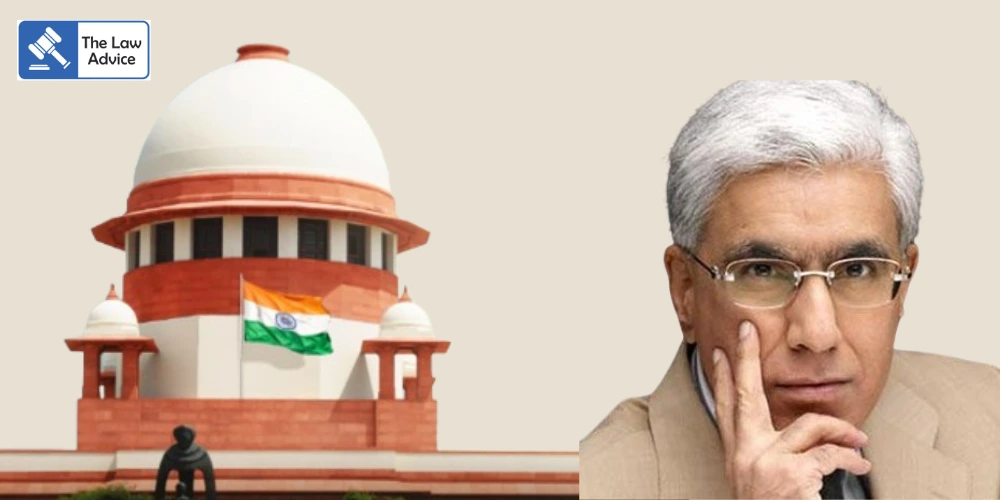
The Supreme Court on Friday granted interim protection from arrest to Siddharth Varadarajan, Founding Editor of The Wire, and senior journalist Karan Thapar, Consulting Editor of the portal, in connection with a First Information Report (FIR) lodged by the Assam Police under Section 152 of the Bharatiya Nyaya Sanhita (BNS)—the newly enacted provision that replaces the colonial-era sedition law.
A Bench comprising Justice Surya Kant and Justice Joymalya Bagchi directed that no coercive steps shall be taken against the petitioners till the next hearing, provided they cooperate with the ongoing investigation. The case has been listed for further consideration on September 15, 2025.
The Bench, after hearing Senior Advocate Nitya Ramakrishnan who mentioned the matter urgently, passed the following order:
“Post the matter on 15 September. Meanwhile, no coercive action shall be taken against petitioner No.2 (Siddharth Varadarajan) and members of petitioner-Foundation, including the Consulting Editor (Karan Thapar), pursuant to FIR registered under Section 152 BNS subject to their joining and cooperating with investigation.”
The Court thus extended its earlier protection, which had covered one FIR, to the second FIR that was subsequently registered.
The controversy stems from an article published by The Wire titled “IAF Lost Fighter Jets to Pak Because of Political Leadership’s Constraints: Indian Defence Attache” in relation to Operation Sindoor. The report quoted remarks made at an academic seminar held in Indonesia, where India’s Defence Attache had allegedly spoken on the tactical limitations faced by the Indian Air Force.
On July 11, 2025, the Morigaon Police (Assam) booked The Wire’s editors under Section 152 BNS, alleging that the publication was prejudicial to India’s sovereignty and integrity. Section 152 of the BNS, which has recently come into effect, is widely described as the “new sedition provision.”
Aggrieved, the Foundation for Independent Journalism (FIJ), the non-profit that runs The Wire, along with Varadarajan, approached the Supreme Court, not only seeking protection but also challenging the constitutionality of Section 152 BNS. The petition emphasized that the article in question was a factual report of a university seminar, that it included the Indian Embassy’s official response, and that multiple media outlets had also covered the Defence Attache’s remarks.
On August 12, the Supreme Court had issued notice to the Union Government and granted interim relief in respect of the Morigaon FIR. However, on the very same day, the Guwahati Crime Branch issued fresh summons to Varadarajan and Thapar, citing another FIR registered over the same news report. This prompted today’s urgent mentioning and the protective order from the Court.
The registration of multiple FIRs by the Assam Police against The Wire’s editors has triggered sharp criticism from press associations, Members of Parliament, and civil society groups. Concerns have been raised that the invocation of Section 152 BNS against journalists reporting on matters of public importance represents a direct threat to press freedom and may create a chilling effect on independent journalism.
The petitioners contend that the repeated initiation of proceedings for the same article amounts to harassment through process and reflects an attempt to muzzle critical reportage. The case is also expected to play a significant role in the Court’s upcoming examination of the constitutional validity of Section 152 BNS, which has already drawn scrutiny for being a “rebranded sedition law” that risks replicating the flaws of its colonial predecessor under Section 124A of the IPC.
Case Title
Foundation for Independent Journalism & Anr. v. Union of India & Ors., W.P. (Crl.) No. 316/2025
Website designed, developed and maintained by webexy